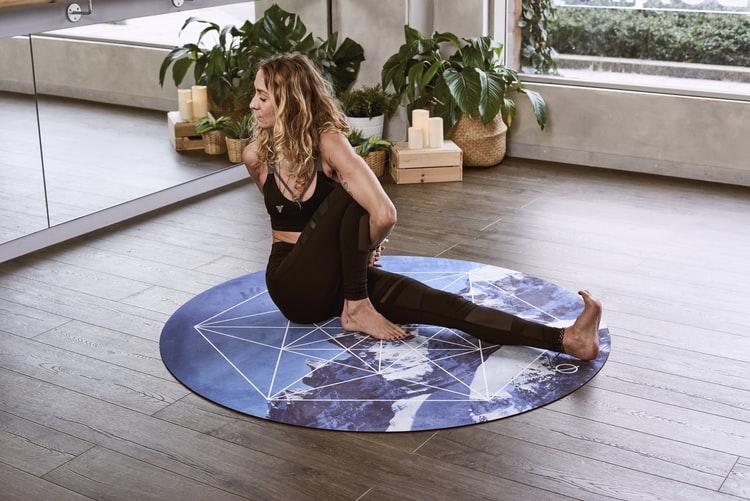
Training in Isolation
We are currently in a time of uncertainty, with the spread of Covid-19 (Coronavirus), what does it mean for my work? Do I need to worry about my family? Do I keep exercising or training for an event when it might be cancelled? Here I will give some advice on reducing the risk of getting sick and also what to do with your training with the uncertainty of sporting events going ahead.
Prevention
All over the world, people are taking precautions to limit the risk of a spreading virus and these steps are essentially no different from any other cold/flu season. Due to it being a new strain of virus our bodies have no known way of defending itself in the early stages and has to learn this. This being said, if we are sensible and taking standard measures that we should be taking during any flu season then we can largely reduce the risks. Some common recommendations:
Be mindful of the physical contact of hands
This can be with other people but also with objects, furniture, doors, railings. If you touch your face what were the last few things your hands were in contact with?
Wash hands regularly and uses hand sanitizer
Especially when in public spaces.
Coughing or sneezing?
Avoid using hands to cover the face and use the crease of your elbow as this is best practice to reduce the chance of spreading. If you use tissues then dispose of them quickly and wash or sanitize your hands straight after.
Stay away from work or social environments
At the first sign of illness isolate yourself even if you do feel capable of managing your work. This is not about your capability it is about the risk of infecting others.
Still exercising
The first rule of thumb is that if you have symptoms from the neck up the option is there to carry on but any symptoms in the chest, restriction on breathing then just rest.
For some exercise is as much about mental health as it is physical so you want to keep going until you absolutely have to stop. I get this so my advice is to think about how hard you need to workout as intense exercise outs the body and immune system under stress, as any sickness does. If you move energy from fighting sickness to exercise it will slow recovery. You may still be able to exercise but this needs to be at a low intensity, we would say Zone 1 training, so that we don’t significantly hinder our bodies from fighting sickness.
Group fitness
This is a significant part of many people’s routines so be mindful of personal space. Think about the fact that as you move and sweat this can be pushed through the air and with heavier breathing in exercise the movement of air from our breath is greater than at rest. Give each other space.
I feel good, should I carry on training?
As we go into a time of increasing social isolation how do we cope when we are healthy and have no symptoms? In New Zealand, we aren’t too badly affected yet so it is largely precautionary measures for grand-scale events (cancellation of events of 500 people or more, as of 16/10/20) with several sporting events being cancelled in the forthcoming weeks.
So the question is what do I do with all this training I’ve been doing? Has it been a waste of time?
It definitely hasn’t been a waste of time! Fitness, whether for health or performance is all about consistency and progression. The more often we train and the more our training progresses (gets harder) the better the body adapts and gets stronger so this is always good.
The trouble we have is if our event is cancelled do we keep progressing and ramping up training waiting for the next one? Think of your goal and how you feel currently with your level of training, as for example with marathon training (or longer) the volume of exercise on a weekly basis is not maintainable for the vast majority of athletes. After completing a marathon your body is considered to be in an injured state from the exhaustion of all body systems used to complete such a task. You need significant rest at this stage and full recovery can take a number of weeks.
With any good training plan, it will be periodized.
Meaning that it will be broken down into multiple sections depending on the desired outcome from each block, including regular recovery weeks of reduced training volume. This is evident in event performance where the training “tapers” reducing the volume to allow the body to recover from training fatigue. If you have been training with a strong focus take this opportunity to recover from the fatigue of high training and allow a week or two to still be active but maybe try some different activities or do light training that is easy on the mind as well as the body. From here you can build back into your current progression to become more prepared for the next event or change the focus of the next block of training to keep things interesting.
To make this process as smooth as possible it the recommendation is to seek professional advice so that you can continue to be fit and healthy and achieve your desired goals. If you have any questions or would like help in building your exercise plan please do contact me via my website or social media.



